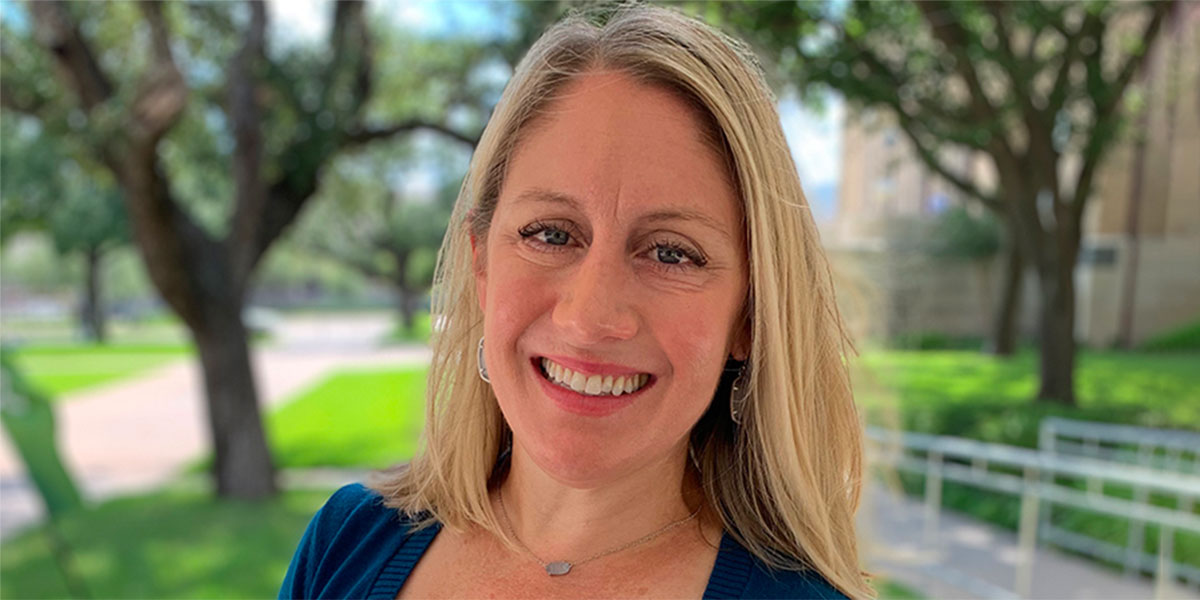Baylor social work prof earns $3.1 million grant to test care for women in juvenile justice system

When Dr. Danielle Parrish worked with young women in California’s juvenile justice system as a mental health clinician in the late 1990s, she noticed significant gaps in the support the women received. Given the variety of challenges they faced, Parrish recognized a need for comprehensive support to cover a variety of issues, such as substance abuse and pregnancy. What she saw was mostly siloed care.
Today, Parrish is a professor at the Houston campus of Baylor’s Diana R. Garland School of Social Work who has long applied her research efforts to filling the gaps. Earlier this spring, she was awarded a $3.1 million grant from the National Institutes of Health (NIH) to test comprehensive risk reduction intervention efforts for young women in the juvenile justice system. Parrish will work with young women (ages 14-17) who are at higher risk for a variety of issues. (Women in juvenile justice experience higher rates of marijuana and alcohol abuse, STDs, pregnancies, and substance-exposed pregnancies.) In Parrish, these women have a dedicated friend.
“I think it’s important that it is clear that this is a very high-risk, underserved population,” Parrish says. “We just haven’t made many gains in offering services that are empirically supported that actually improve the wellbeing of these young women and their health. Our short-term goals will be to look at the outcomes of the intervention to see if it’s efficacious.”
The NIH grant will support research-based testing of a program called CHOICES-TEEN that involves interventions delivered both in-person and virtually through an app. As opposed to the siloed approach she witnessed in the 1990s, Parrish and collaborators will study integrated interventions addressing numerous risk behaviors at once. If the program proves effective, it could be further implemented professionally.
CHOICES-TEEN provides a meaningful further step in Parrish’s contributions to her field. As an expert in substance-exposed pregnancies, she’s already provided leadership in her field as editor-in-chief of the influential Journal of Social Work Education and conducted a wide range of research projects focused on intervention development. This project could not only help young women in juvenile justice, but eventually become a tool used by Child Protective Services or teen health clinics beyond the juvenile justice system.
Sic ’em, Dr. Parrish!

